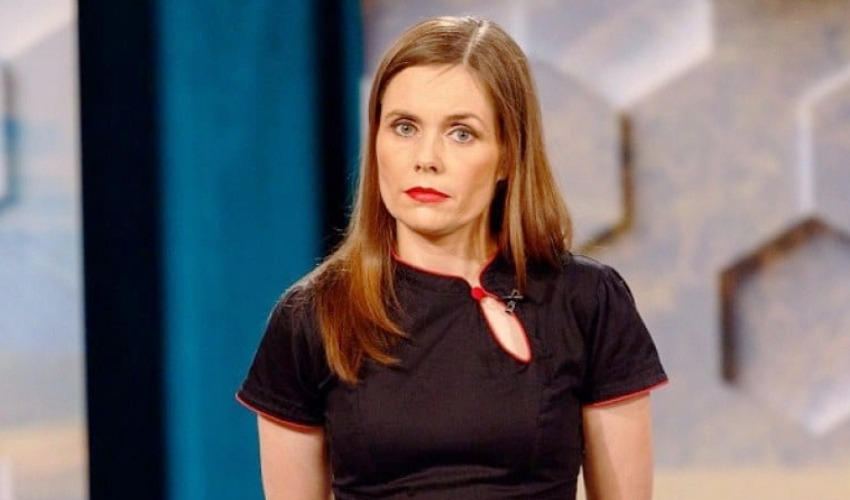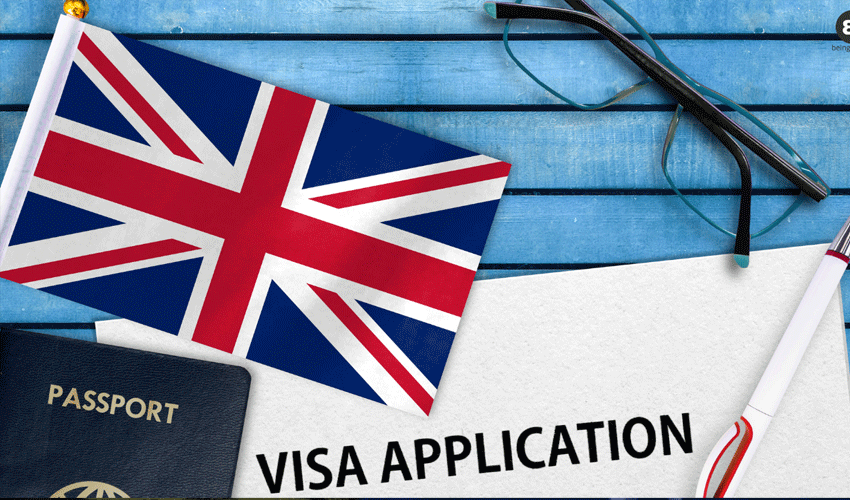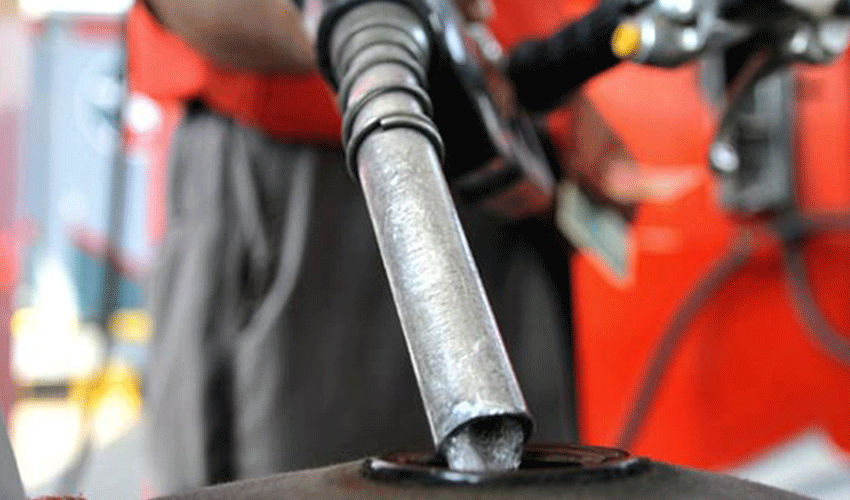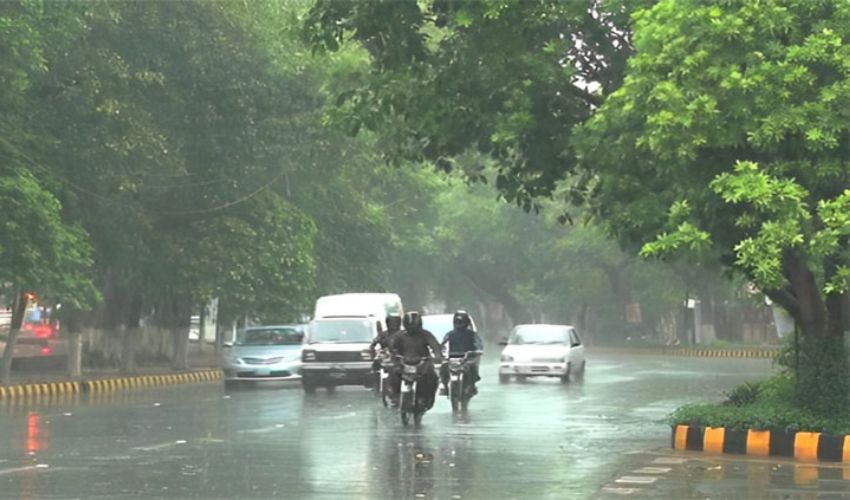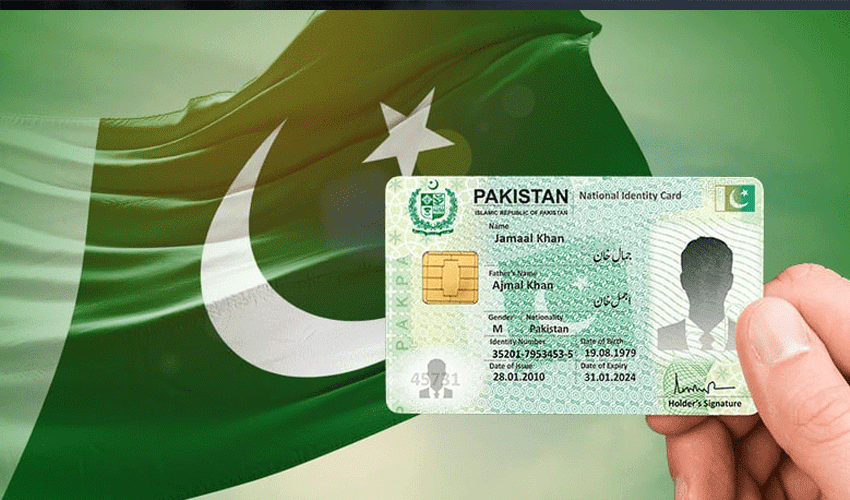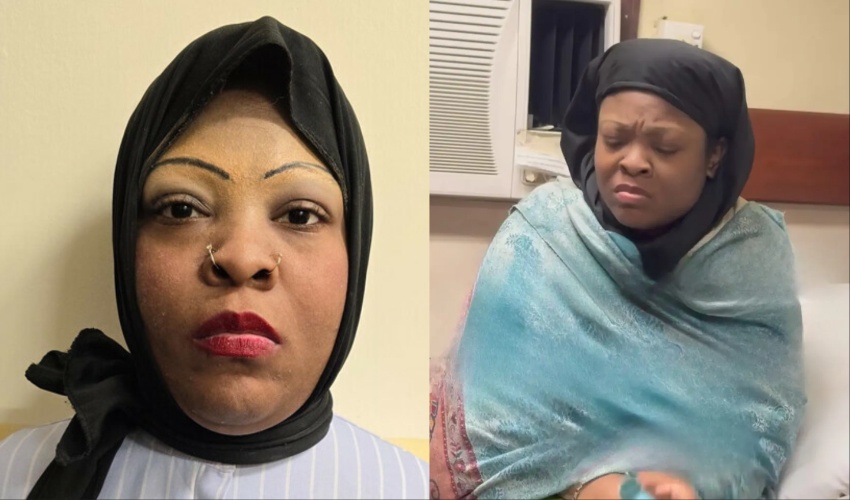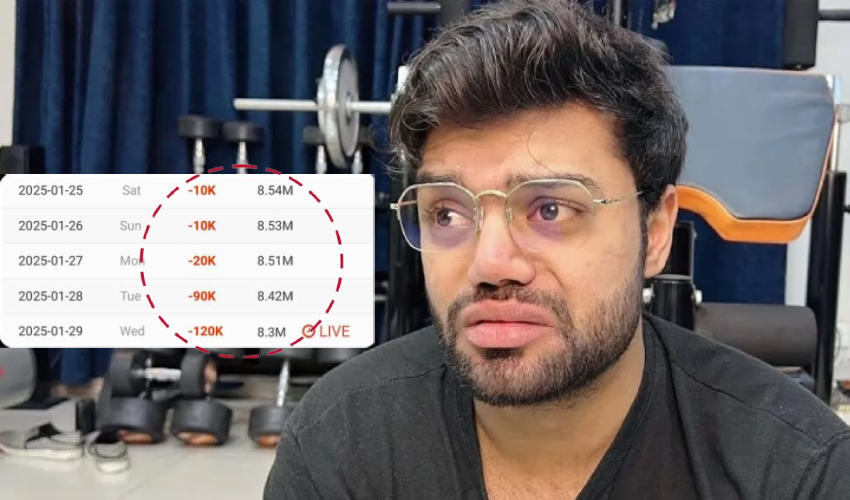In Iceland, many women including Prime Minister Katrín Jakobsdóttir will not work on Tuesday. They're doing this as a way to protest against the difference in pay between men and women and the violence that women often face.
This "women's day off" is affecting jobs where most workers are women like in healthcare and education.
It's the first time they've had a full-day strike like this since 1975.
Women and people who don't identify as either male or female are being asked to not do their jobs, whether they get paid for them or not, like household chores.
The Prime Minister of Iceland, Katrín Jakobsdóttir, has said she won't be working today, and she thinks all the women in her government are doing the same.
The government is also looking into how they value jobs where most workers are women compared to jobs that are usually done by men.
For example, most kindergarten teachers in Iceland are women, and so are about 80% of the workers at the National University Hospital.
Iceland is known for being really good at treating men and women equally.
They've been the best in the world at it for 14 years, according to the World Economic Forum. But there's still a long way to go, especially in terms of women having good jobs.
In 1975, almost all of Iceland's women went on strike to show how important they were to the economy.
The strike made the country's leaders create a law to make sure women were paid the same as men for the same job. That happened the next year.
One of Iceland's former presidents, Vigdís Finnbogadóttir, said that the strike in 1975 was the first step to give women more freedom in Iceland.
That helped her become the first woman in the world who was elected to be the head of a country in 1980.





